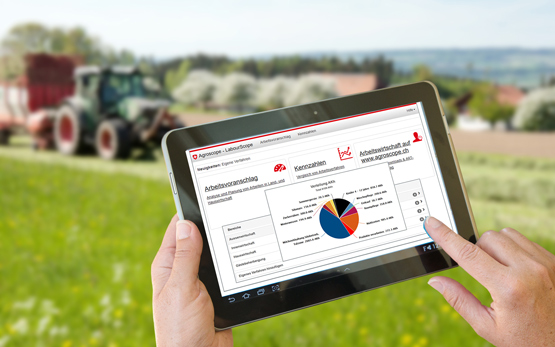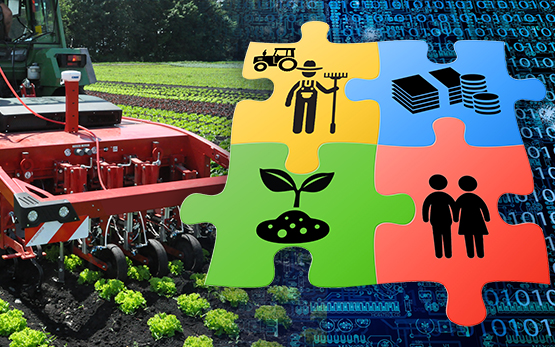Labour-economics calculation data form the basis for thorough work planning, for the calculation of labour costs and work productivity, and for estimating work strain. Agroscope provides key data on this subject.

Link
You’ll find publications on this topic here.
Agrocope’s work budget helps with the planning of staff and machinery use in practice.
LabourScope is an application for calculating the working-time requirement of labour and production processes in practice.
Latest News and Further Information
Video: Keeping Track of Working Hours with LabourScope
How much time does it take to perform the individual activities on a farm? Are all those involved
satisfied with the distribution of the work? How could the distribution be further improved? Questions
like these can be answered via the online tool LabourScope, the principles for which are continuously determined at Agroscope.
(Video only in German)







